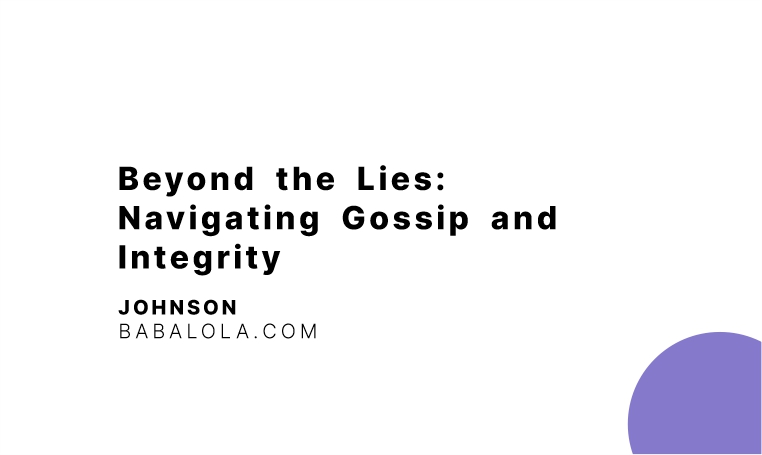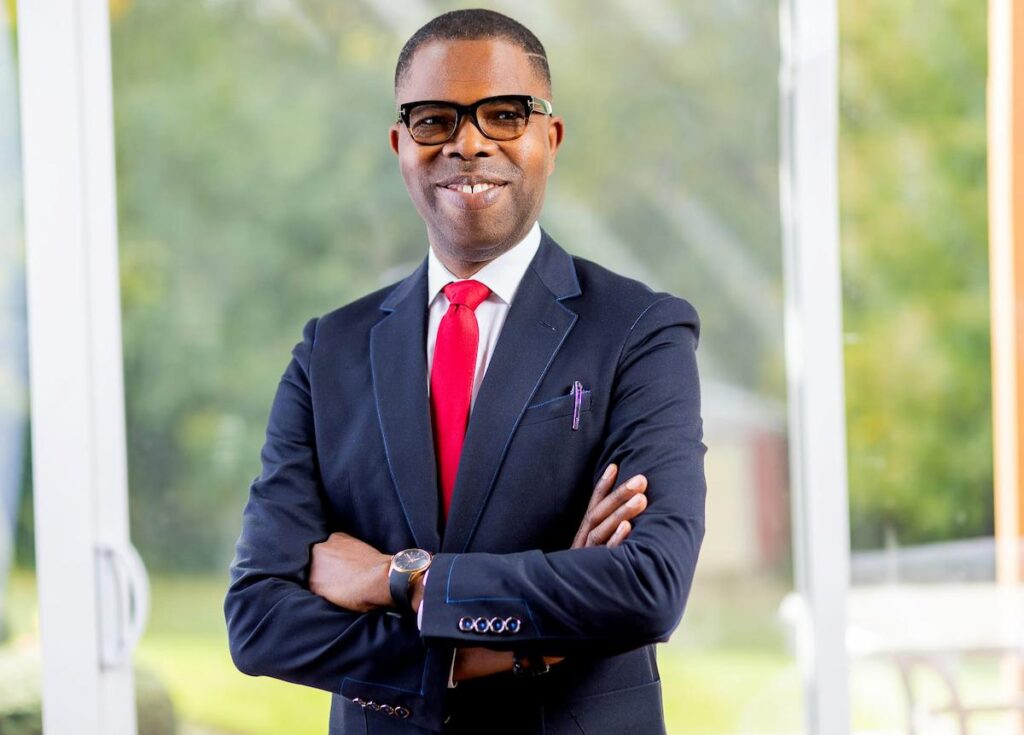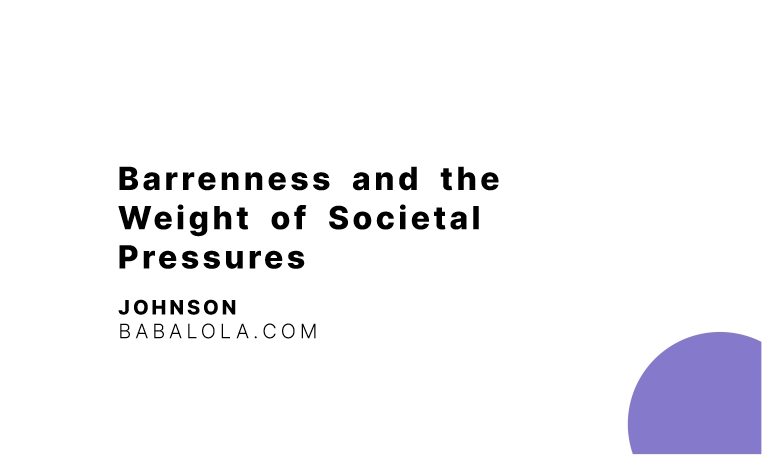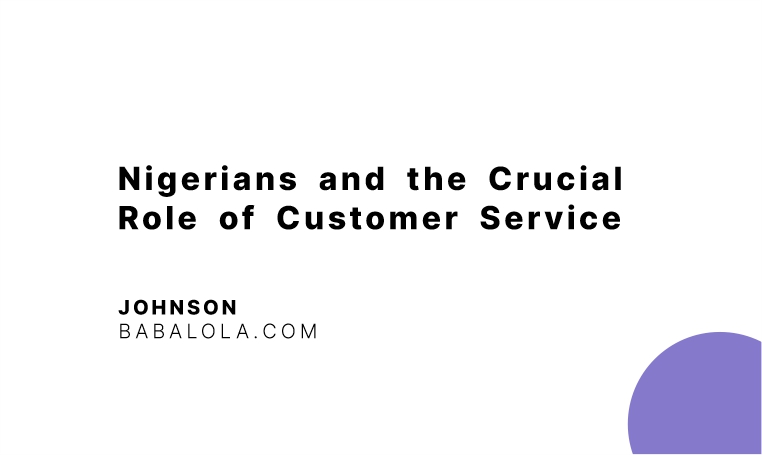Beyond the Lies: Navigating Gossip and Integrity

I often find myself pondering the reasons behind why some people deliberately harm the reputation and integrity of others without cause. As I woke up this morning, a story my friend shared with me years ago came to mind, prompting me to share it with my followers as my pastor friends often do with their congregants.
Let’s call my Nigerian-American friend TK. TK was and remains a talented lawyer practicing in Chicago, specializing in immigration law.
One pleasant afternoon, TK found himself seated in the cab of his regular taxi driver of five years, BD, at a taxi stand. They had the windows down to enjoy the fresh air. Just as BD was about to start driving, TK heard someone mentioning his name. He asked BD to wait so he could hear what was being said about him by a particular individual standing with four others near a taxi close to them.
The individual was speaking in Yoruba, a language both TK and BD understood very well. “TK wo? O ma ba case e je ni. Ma lo sibe o” (“Which TK? He will ruin your case. Don’t go to him”). He continued, “Oun lo je kan gbe ore mi, VX, lole. Lawyer buruku ni” (“He was the one who got my friend VX deported. He’s a bad lawyer”).
TK was taken aback, as he had never seen the man in his life. In his ten-year career, he had always provided excellent service to his clients, including his Nigerian clients, being courteous, professional, and knowledgeable. He remembered VX, who had come to him three years prior, after being mishandled by three other lawyers. VX had no money to pay him, so TK represented him pro bono. TK fought hard for VX’s stay in the U.S. and succeeded in getting him released on bail. Unfortunately, three days later, VX violated one of his bail conditions by committing a major crime. As TK wasn’t a criminal lawyer, he advised VX to find one while he continued handling his immigration case. Instead, VX called to tell TK his friends suggested he retain a lawyer who could manage both his criminal and immigration matters together. TK wished him luck and moved on.
As if reading his thoughts, BD reassured TK, “Mr. TK, please don’t pay attention to RS. Give me a minute, sir.” BD then stepped out of the vehicle and approached RS. “Se o mo Mr. TK?” (Do you know Mr. TK?), BD asked. “Daadaa. Mo ti lo si office e ni opolopo igba” (“Very well, I have been to his office many times”). BD then signaled to TK, who stepped out of the taxi. BD turned to RS, “Mr. TK re o” (“This is Mr. TK”). RS immediately prostrated to TK, asking for forgiveness. “Mi o mo yin. Ore mi kan lon soro yin ni party kan laipe. E ma binu” (“I don’t know you. It was a friend of mine that was talking about you at a party recently. I’m sorry”). BD rebuked RS, “Iwa yin o da. E n fi enu ba ti elomiran je nigba ti ko si nibe lati soro fun ara e ati lainidi. Ko dara o” (“You have bad character. You malign others without reason and when they aren’t there to defend themselves. This is wrong”). TK said nothing as he returned to the taxi, followed by BD.
As they drove away, BD offered TK reassurance. “Sir, I’ve known you for five years as a caring and brilliant lawyer. Unbeknownst to you, you’ve helped at least ten people I’ve referred to you with great success. They all speak highly of your professional integrity. In life, there will always be someone who takes satisfaction in unjustly maligning others. Please, sir, continue your excellent work.”
TK quietly muttered “thank you” as he continued to grapple with why some people, especially those from his own country or tribe, would knowingly spread lies and feel comfortable doing so. How many people would believe these lies, and how many would verify the truth before making decisions? What could people gain from such dishonesty, and could a country or people who engage in such behavior progress? Though he had no clear answers, he knew he needed to be more selective in choosing the individuals he represented.
After reflecting on the situation, TK resolved to use this experience as a reminder to stay true to his values and professional ethics. He understood the importance of being discerning in choosing his clients, ensuring he could continue to provide the best service to those who genuinely needed his help. Though the encounter with RS had been unsettling, it reinforced TK’s commitment to his work and integrity.
With BD’s support and the appreciation of those he had helped over the years, TK knew he would rise above any false accusations. He would carry on with his practice, upholding his reputation through his actions rather than getting distracted by baseless gossip. In doing so, TK hoped to inspire others to seek truth and stand by their principles, even when faced with adversity.
Johnson Babalola, a Canada and Nigeria based lawyer, leadership consultant, storyteller and corporate emcee, is a public affairs analyst. Follow him for discussions on real life issues that affect us all.
You can obtain a copy of his newly released book, REJECTED on Amazon, FriesenPress, Barnes & Noble, Kobo, Google Play, Apple Books, Nook Store etc.



